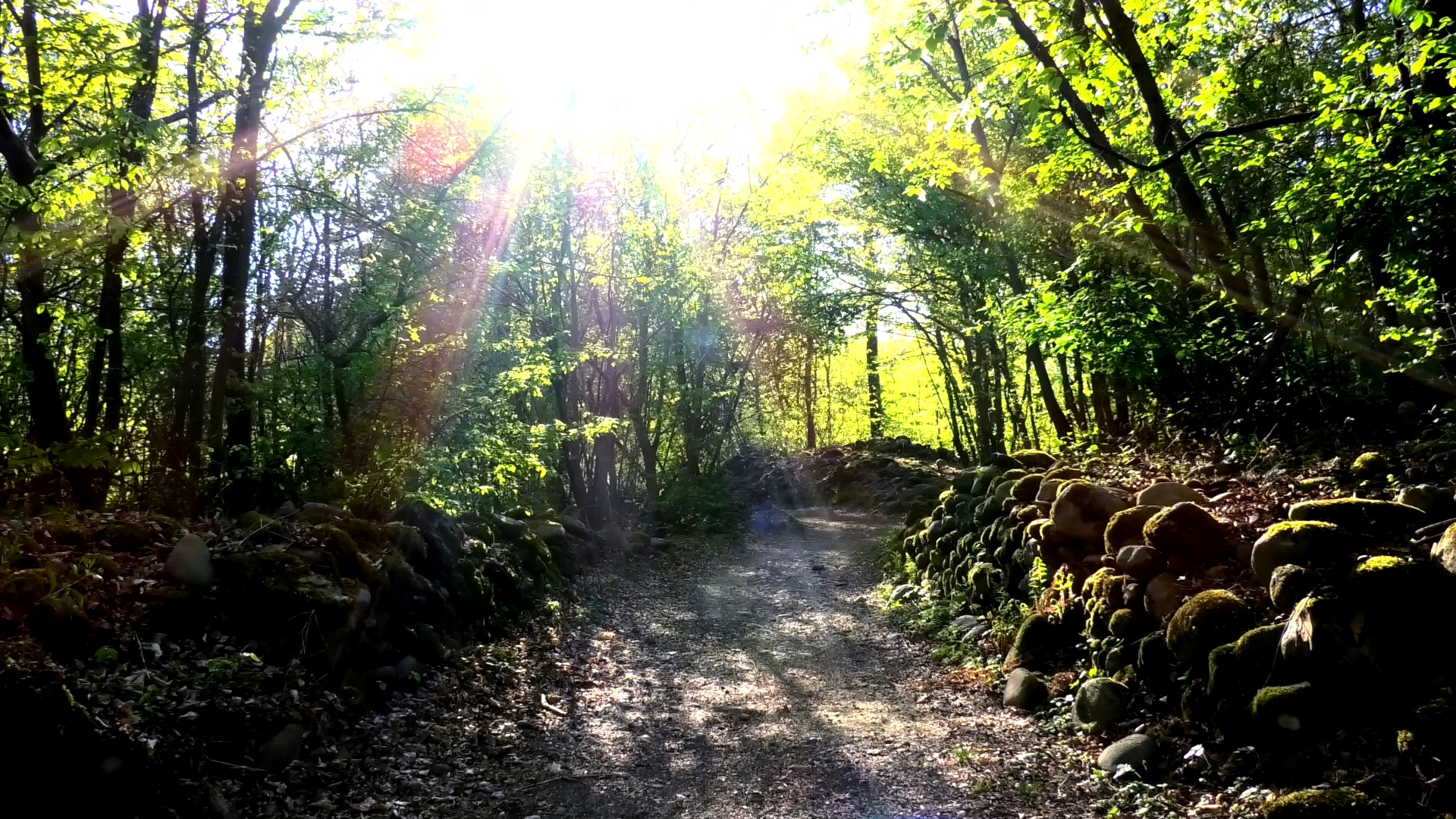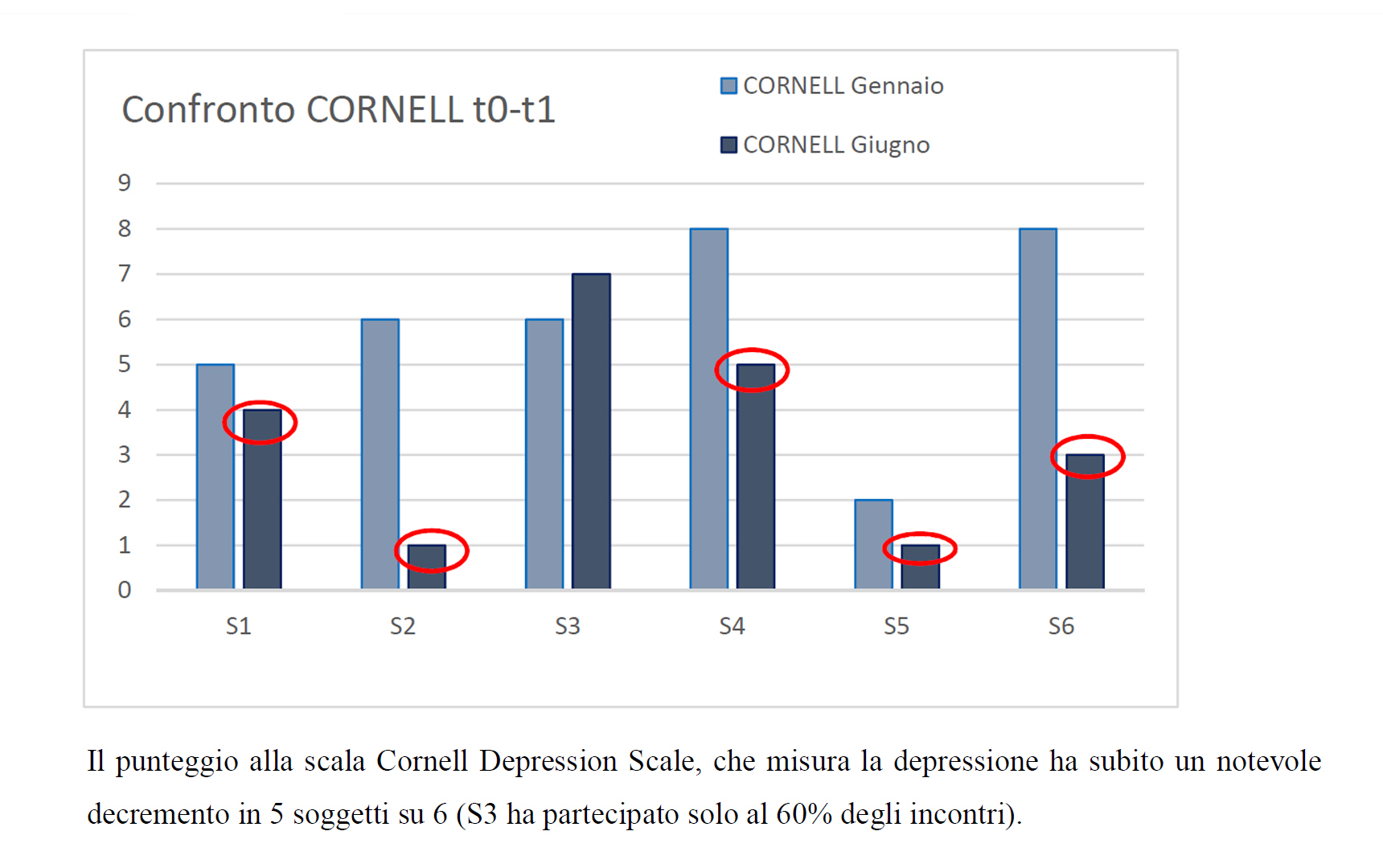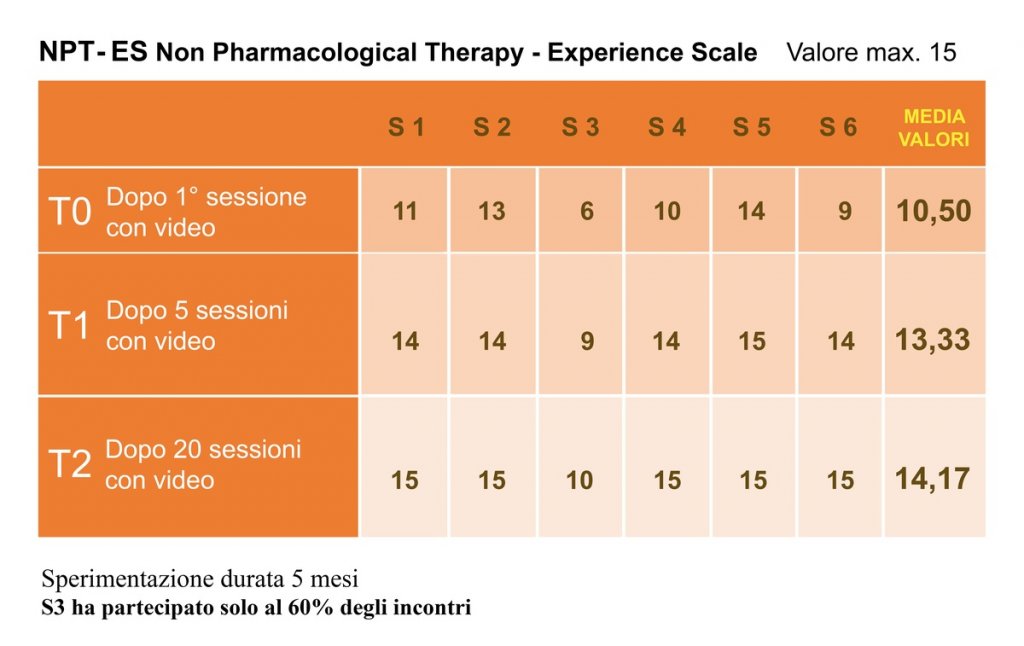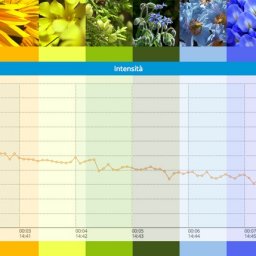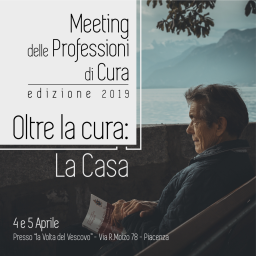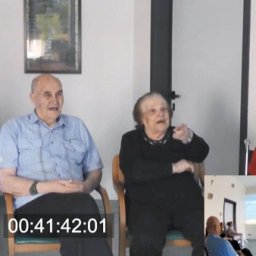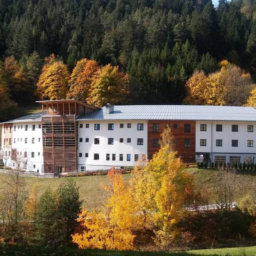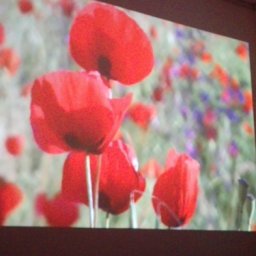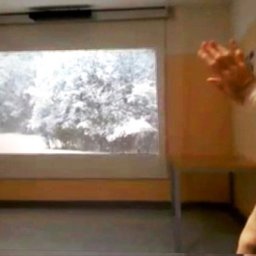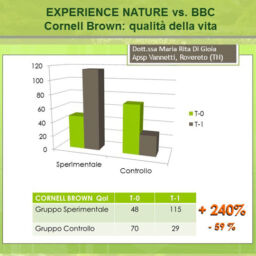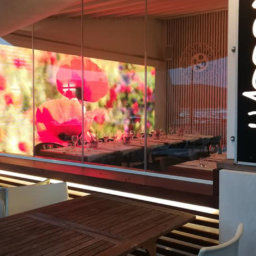Fontenuovo Fondazione Onlus Perugia, Alzheimer Special Care Unit.
Art therapy workshop with “Experience Nature” videos.
Project leaders: Dr. Cerini Antonella (Psychologist), Dr. Stacchiotti Rachele (Psychologist)
Experimentation carried out from January to June 2017, 1 session per week for a total of 20 sessions, 15/20 minutes of viewing, using long sequences.
“This project aims to use the ‘Experience Nature’ approach with people with dementia placed in a cognitive/sensory stimulation programme, in order to stimulate attention and concentration, within a pleasant environment that promotes greater well-being and tranquillity, so as to reduce behavioural disturbances and promote sociability and communication, thus allowing sufferers to experience positive feelings and serenity.
Once a week, for 5 months (January-June 2017), before the usual cognitive and sensory stimulation session, videos with natural images were presented for 15-30 minutes.

The results show us how a continuous activity that encourages the stimulation of cognitive abilities, socialisation and communication skills, and motivates the person to express themselves through the use of images, sounds and colours that represent Nature, can have important beneficial effects in terms of attention, concentration, but also serenity, self-esteem and general well-being.
Evidence of benefits:
- improvement or maintenance of cognitive abilities, assessed by MMSE (Mini-Mental State Examination),
- reduction of depression, assessed by CDR (Cornell Depression Scale).
- reduction or containment of behavioural disorders, assessed by NPI (Non-Pharmacological Therapy – Experience Scale).
The subjects involved in the project were less irritable, less agitated and more focused on the task, to the extent that they were able to complete work that they had previously often left undone.
The results of the NPT scale show that during the activities following the viewing of the films, the subjects were actively participating, showing pleasure in performing a stimulating and creative activity, and also relating to others. Furthermore, although there was no depressive symptomatology even at the first assessment, the Cornell Depression Scale scores decreased further, demonstrating the positive effect that a calm environment and appropriate stimulation can have on psychophysical well-being.

Contact with the sounds and images of Nature, as advocated in Ulrich’s and Kaplan-Kaplan’s theories, made it possible to create a calm and relaxed atmosphere, offering the elderly the possibility of expressing their emotions, communicating their experiences (to give an example, seeing the video of the sea, P.R.: “it reminds me of when I used to go to the sea, I used to wake up early to go and see the sunrise”; A.C.: “but how much light, and what beautiful colours!”), stimulating their attentional skills and creativity.
In conclusion, the results of the present study are in line with those obtained from previous research, showing how contact with Nature and the performance of stimulating activities, integrated within a ‘caring relationship’, are able to bring important benefits in terms of psychophysical well-being and cognitive abilities’.
Dr. Stacchiotti Rachele, Psychologist at Fontenuovo Fondazione Onlus Perugia, Alzheimer’s Care Unit.


